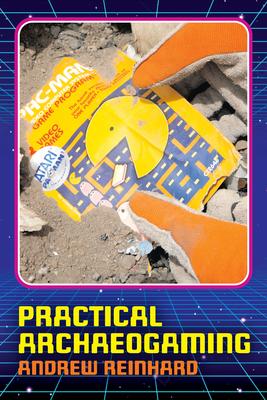As a sequel to Archaeogaming: an Introduction to Archaeology in and of Video Games, the author focuses on the practical and applied side of the discipline, collecting recent digital fieldwork together in one place for the first time to share new methods in treating interactive digital built environments as sites for archaeological investigation. Fully executed examples of practical and applied archaeogaming include the necessity of a rapid archaeology of digital built environments, the creation of a Harris matrix for software stratigraphy, the ethnographic work behind a human civilization trapped in an unstable digital landscape, how to conduct photogrammetry and GIS mapping in procedurally generated space, and how to transform digital artifacts into printed three-dimensional objects. Additionally, the results of the 2014 Atari excavation in Alamogordo, New Mexico are summarized for the first time.

As a sequel to Archaeogaming: an Introduction to Archaeology in and of Video Games, the author focuses on the practical and applied side of the discipline, collecting recent digital fieldwork together in one place for the first time to share new methods in treating interactive digital built environments as sites for archaeological investigation. Fully executed examples of practical and applied archaeogaming include the necessity of a rapid archaeology of digital built environments, the creation of a Harris matrix for software stratigraphy, the ethnographic work behind a human civilization trapped in an unstable digital landscape, how to conduct photogrammetry and GIS mapping in procedurally generated space, and how to transform digital artifacts into printed three-dimensional objects. Additionally, the results of the 2014 Atari excavation in Alamogordo, New Mexico are summarized for the first time.